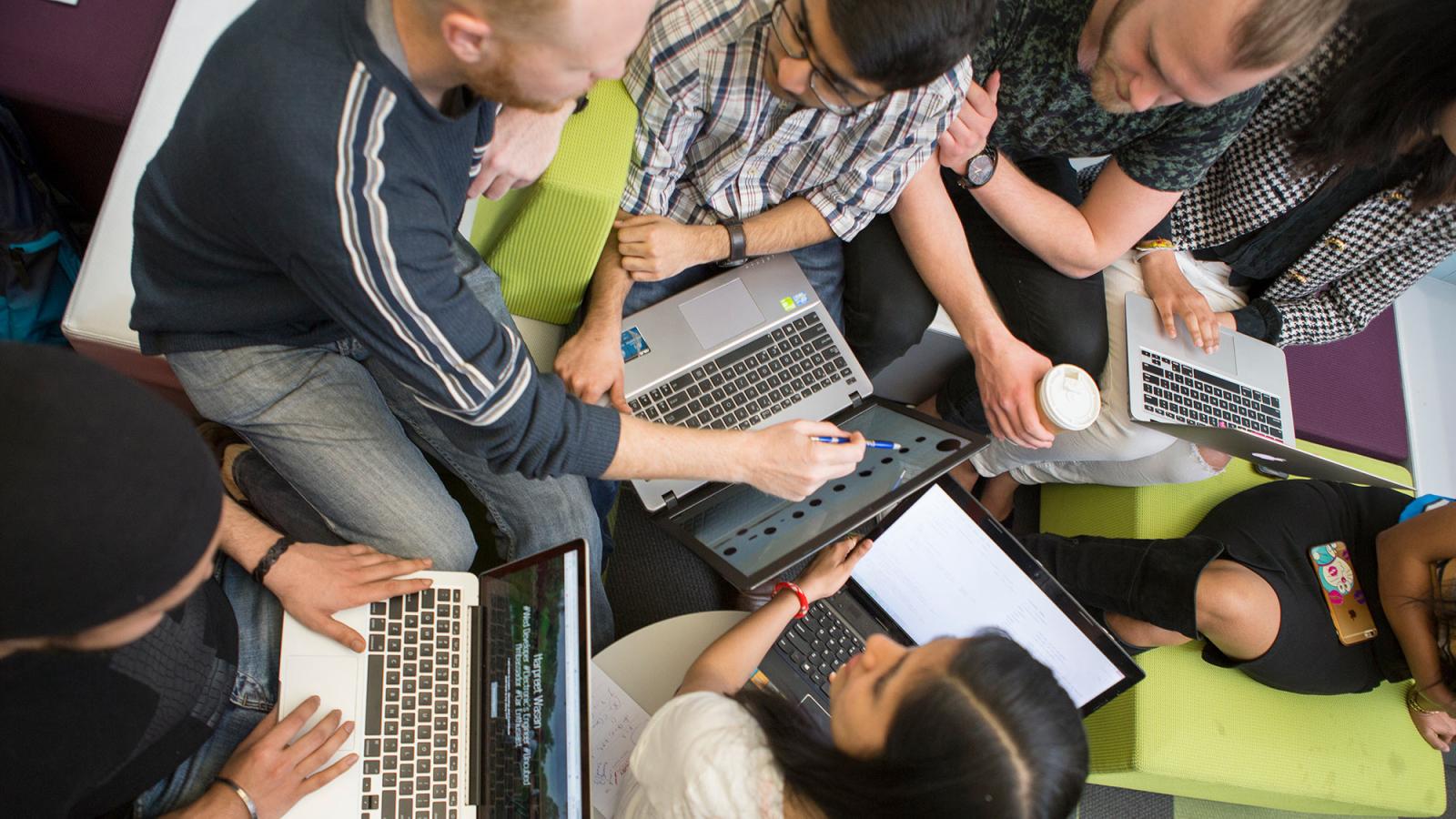AppCafé
AppCafé is a physical, portable, and mobile space that creates a trustworthy environment where app developers and users can come together and connect. The project is designed to help people in developing countries understand mobile technologies so that they can use their devices to their fullest capacity. It also permits developers to promote their apps. AppCafé as a physical space is similar to a pop-up kiosk that can be easily moved between different places. Once it has been set up, users can learn about different mobile apps and their development, view tutorials, and engage with locally developed apps that would not have received as much attention or exposure otherwise. This is particularly beneficial for the creators of those apps.
Mobile Senegal
Mobile Senegal focuses on the developing and software engineering aspects of mobile technologies, and aims at assisting with educating students and professionals in developing countries on how to build their own apps. There are many opportunities for mobile app development in countries like Senegal, as the mobile penetration rate is very high—even in rural areas. Mobile Senegal started as an innovative initiative in a francophone country in 2009, and has trained more than 500 developers to date.
Zika Apps
In one particular Mobile App Development class, groups of undergraduate students built apps to educate users about the Zika virus. The apps came in many different forms, including one game where the objective was to zap mosquitoes before the time ran out. Every app included crucial information about the Zika virus, such as how it spreads and what preventative measures to take. These projects were featured by Open Ideo as innovative solutions of the Challenge on “How might we combat health threats like Zika, SARS, Ebola and Malaria in bold, imaginative ways?”
Wearables
We have had a lot of fun working with wearables! Some projects included creating Fitbit programs that track information about user exercise habits. Additionally, in one of the graduate level courses, Mobile Innovations for Global Challenges, students were challenged to come up with ideas for using different wearable technologies. One of the most innovative projects that came out of the class were shoes that lit up with different colors depending on how far the user ran.
Beacons
Beacons use Bluetooth LE (Bluetooth Low Energy) to locate people’s exact location inside a building, which is something you can’t typically do with traditional GPS. One of the lab’s projects evolved from experimenting with a specific beacon SDK (Estimote) to create a small app that gave information relevant to the user’s physical location inside the Seidenberg lounge, rather than general location based on GPS. When the user entered the lounge they would receive a notification with information about the available tutors without even needing to open the app. This allowed students to get reminders of help provided by tutors when they would actually be on site.
